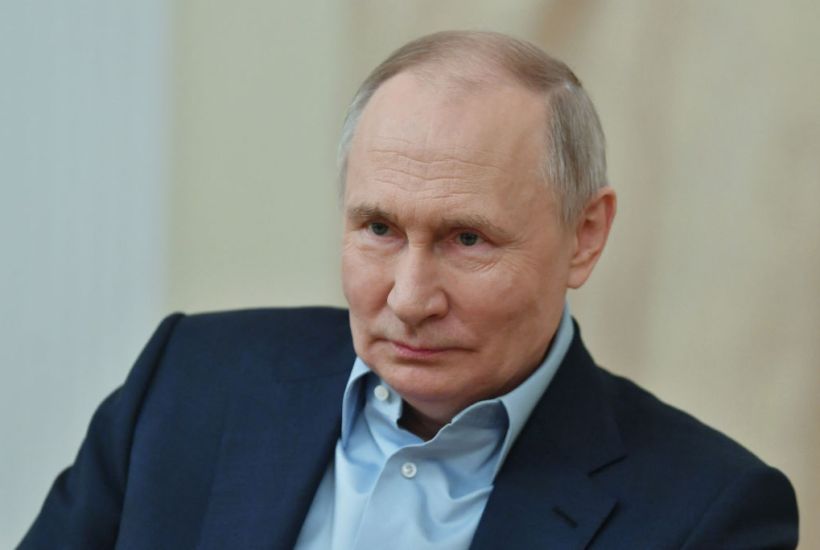The Russian economy has become heavily dependent on migrant workers, largely from Central Asia. As the defence ministry tries to recruit them into the army, and certain extremists call for them to be sent home, the Kremlin is having to tread a fine line between economic pragmatism, nationalism and the immediate needs of the war.
Already a subscriber? Log in
Subscribe for just $2 a week
Try a month of The Spectator Australia absolutely free and without commitment. Not only that but – if you choose to continue – you’ll pay just $2 a week for your first year.
- Unlimited access to spectator.com.au and app
- The weekly edition on the Spectator Australia app
- Spectator podcasts and newsletters
- Full access to spectator.co.uk
Or




















Comments
Don't miss out
Join the conversation with other Spectator Australia readers. Subscribe to leave a comment.
SUBSCRIBEAlready a subscriber? Log in